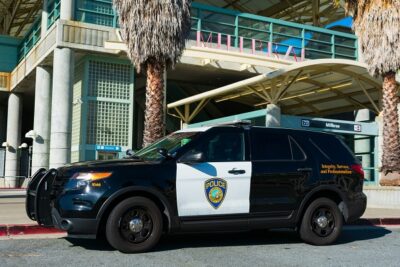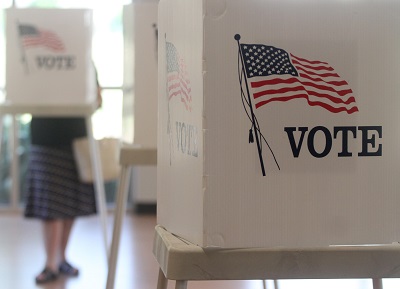Council’s Work to Address BART Safety, Cleanliness Concerns Showing Results
The Bay Area Council has advocated fiercely for an aggressive focus on addressing rising safety and cleanliness concerns on BART, the backbone mass transit system we were instrumental in creating decades ago. Polling we conducted reinforced the message that crime, drug use and other illegal behavior are main reasons riders have been staying away from the system. Voters surveyed made it clear they wanted to see police officers on trains and in stations, more regular cleaning and stronger enforcement of system rules. A series (BART on the Brink) that CBS/KPIX launched this week examining BART’s challenges highlighted the Council’s survey findings and included analysis from our policy team. The Council was also instrumental in securing BART Board of Directors’ opposition to legislation that would have decriminalized fare evasion on the system, and later won Gov. Newsom’s veto after the bill passed.
BART responded (read about BART’s Safe and Clean Plan) by launching police patrols discontinued during the pandemic, conducting more frequent and thorough cleanings and taking other measures to address rider concerns. The moves now appear to be paying off. Data BART released this week found that a sharp reduction from May to October in the number of incidents delaying train service. Among the findings:
- The number of BART Police (BPD) incidents causing delays fell from 374 to 295
- The number of trains impacted by incidents declined from 1,144 to 694
- Total train minutes lost due to BPD incidents dropped from 9,878 to 6,380
“These numbers paint a picture of how our commitment to rider safety is paying off,” said BART General Manager Bob Powers, who serves on the Council’s Board of Directors. “Fewer delays due to BPD incidents not only shows safety is improving but it helps our on-time performance. This is a win-win for riders as we deliver on our commitment to ensure BART is the safest way to travel around the Bay.”
Meanwhile, BART ridership is showing some signs of picking up, even though there is much work to do. The Council is also continuing to advocate for BART to accelerate installation of new fare gates, which will deter lawbreakers and, by the system’s own estimates, conservatively generate $25 million annually in revenue. To engage in the Council transportation safety work, please contact Policy Director Laura Hill.





